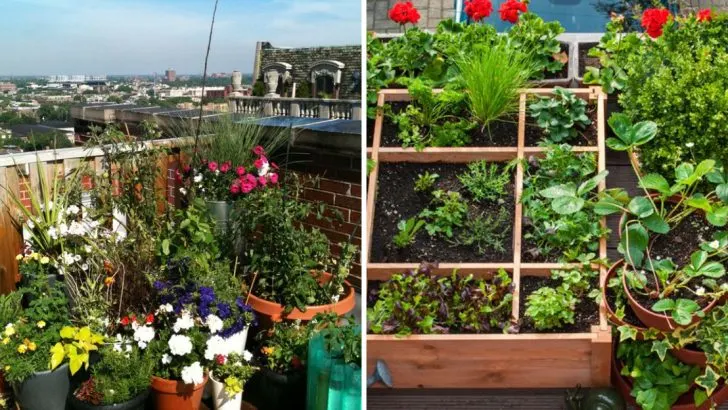Setting up a balcony garden can transform your space into a lush, green oasis, but it’s easy to make a few missteps along the way.
From choosing the wrong plants to neglecting proper drainage, these mistakes can lead to frustration and disappointment. By planning carefully and avoiding these common pitfalls, you can create a thriving garden, no matter the size of your balcony.
Here are 7 common mistakes to avoid when setting up your balcony garden, so you can enjoy a beautiful and stress-free outdoor space.
Choosing the Wrong Plants
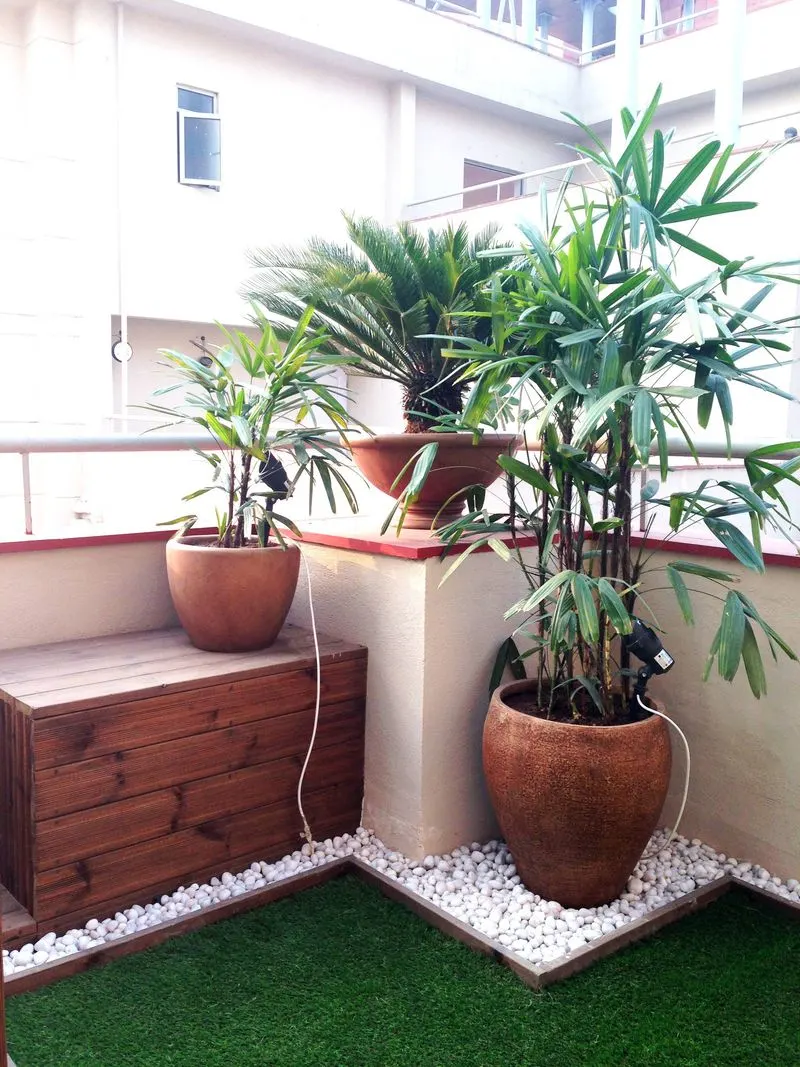
Selecting plants without considering the sunlight your balcony receives can lead to disappointment. Many newbies opt for plants based on aesthetic preference rather than suitability to their specific environment. Spend time observing the amount of sunlight your balcony gets throughout the day.
Consider plants that thrive in those conditions. For example, succulents love the sun, whereas ferns prefer shade. Choosing the right plants can save you from frustration and ensure a healthy garden. Proper plant selection is the foundation of a successful balcony garden, setting the stage for growth and beauty.
Overcrowding Plants
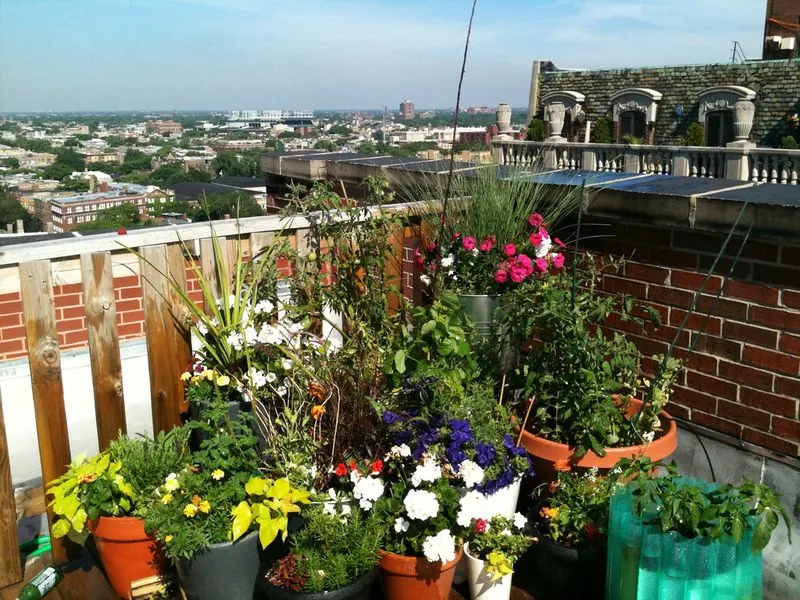
Cramming too many plants into a confined space can stifle growth and lead to unhealthy plants. It’s easy to get carried away with planting, but each plant needs sufficient room to thrive. Evaluate your balcony’s space and prioritize quality over quantity.
Providing adequate room for each plant ensures proper airflow and access to sunlight. This helps prevent diseases and encourages robust growth. By giving plants the space they need, you foster a more vibrant and resilient garden. Remember, less can sometimes be more when it comes to balcony gardening.
Ignoring Watering Needs
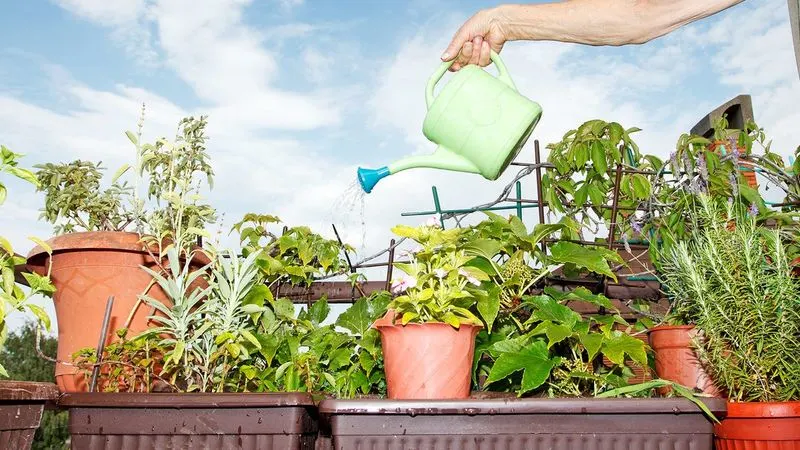
Understanding the watering needs of your plants is crucial for their survival. Each type of plant has different moisture requirements, and failing to meet these can result in wilting or root rot. Observe your plants regularly to assess their needs.
Some may require daily watering, while others thrive with less frequent attention. Investing in a moisture meter can help in determining the right watering schedule. By catering to individual plant requirements, you promote healthy growth and a flourishing balcony garden. Consistency and mindfulness are key to successful watering.
Poor Soil Quality
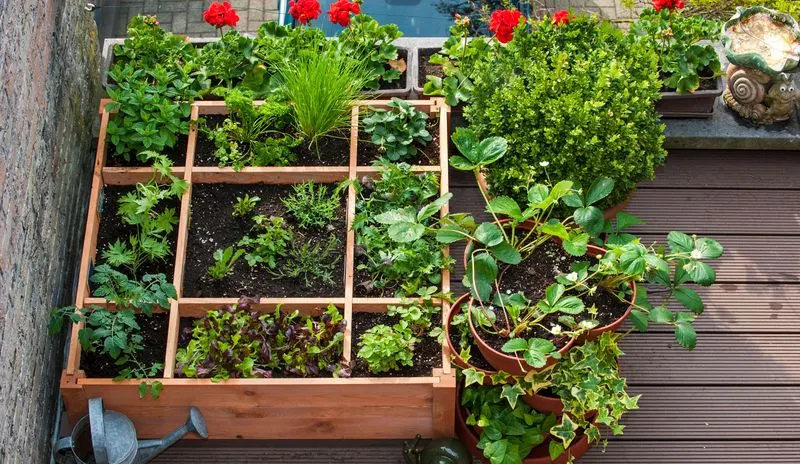
Using the wrong soil can hinder plant growth and vitality. Balcony gardens often need specialized potting mixes that retain moisture while providing adequate drainage. Garden soil may not be suitable, as it can become compacted and restrict root growth.
Selecting soil designed for containers can make a significant difference in plant health. Consider the specific needs of your chosen plants and invest in quality potting mix accordingly. By prioritizing soil quality, you lay the groundwork for a thriving garden. Healthy soil is the lifeblood of successful balcony gardening.
Neglecting Pest Control
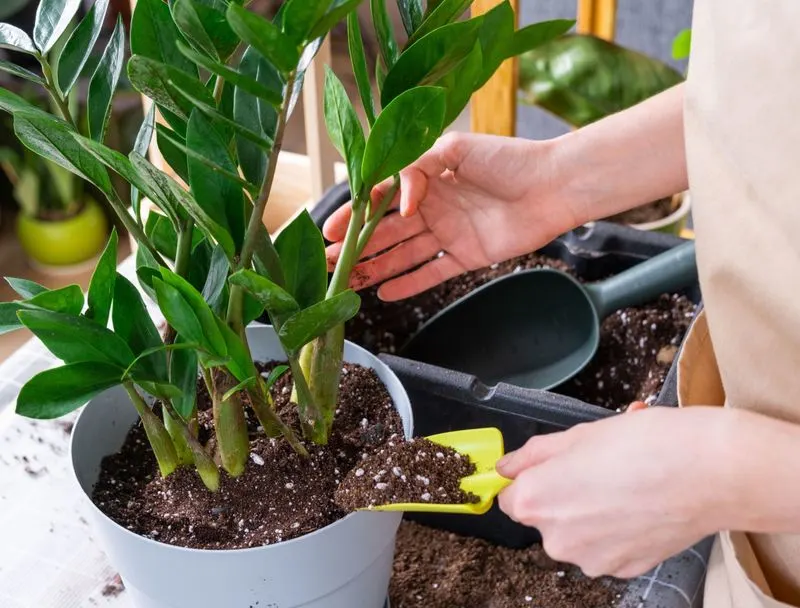
Pests can quickly become a problem in balcony gardens if left unchecked. Regularly inspecting your plants for signs of infestation can prevent more significant issues down the line. Look for discolored leaves, holes, or visible insects.
Early detection allows for more straightforward and less harmful interventions. Opt for organic pest control solutions to protect both your plants and the environment. Consistent monitoring and timely action keep your garden healthy and thriving. Taking a proactive approach to pest control is essential for a flourishing balcony garden.
Ignoring Seasonal Changes
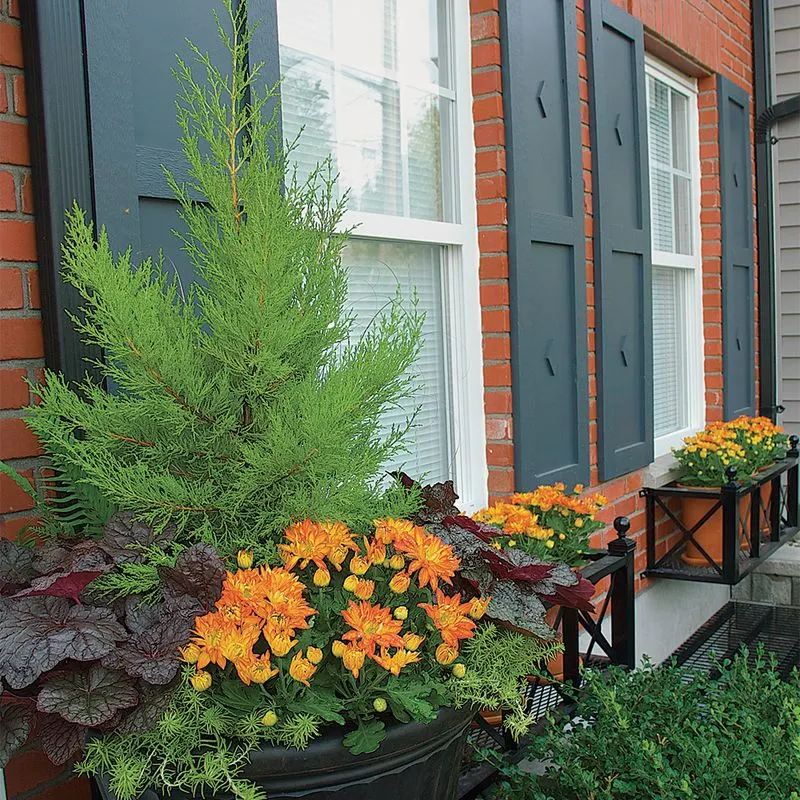
Failing to adapt to seasonal changes can leave your plants vulnerable. As weather conditions shift, so do the needs of your garden. Some plants may require protection from frost, while others might need more water during hot spells.
Being attuned to seasonal variations ensures your plants remain healthy year-round. Adjust your care techniques to align with the current climate, and consider seasonal plants to keep your garden lively. Proactive adjustments safeguard your garden’s success, fostering resilience against the elements.
Lack of Proper Drainage
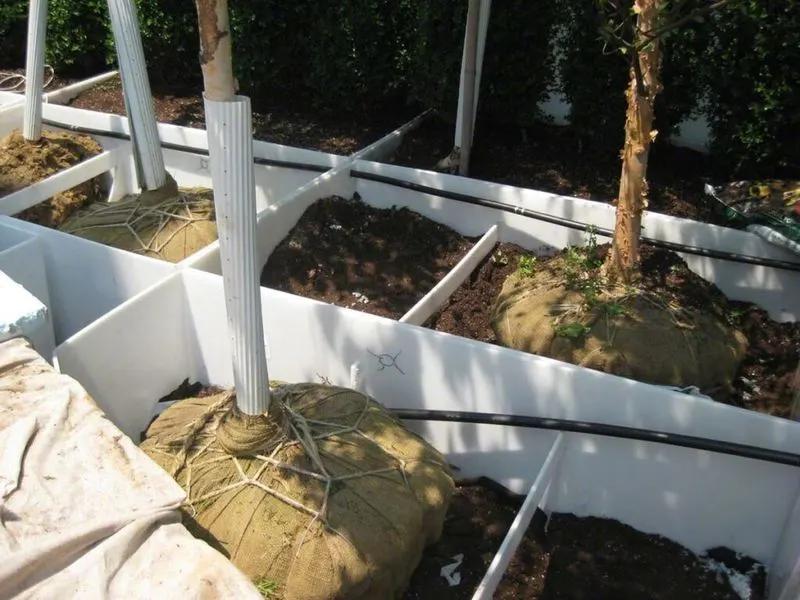
Without proper drainage, plants can suffer from root rot, leading to their demise. Ensuring that containers have adequate drainage holes is crucial for healthy plant development. Excess water must flow freely to avoid waterlogging.
Elevate pots with trays to catch excess water and prevent damage to your balcony surface. By focusing on drainage, you provide your plants with a more suitable environment to flourish. Proper drainage is a fundamental component of successful balcony gardening, helping to maintain plant health and vitality.

